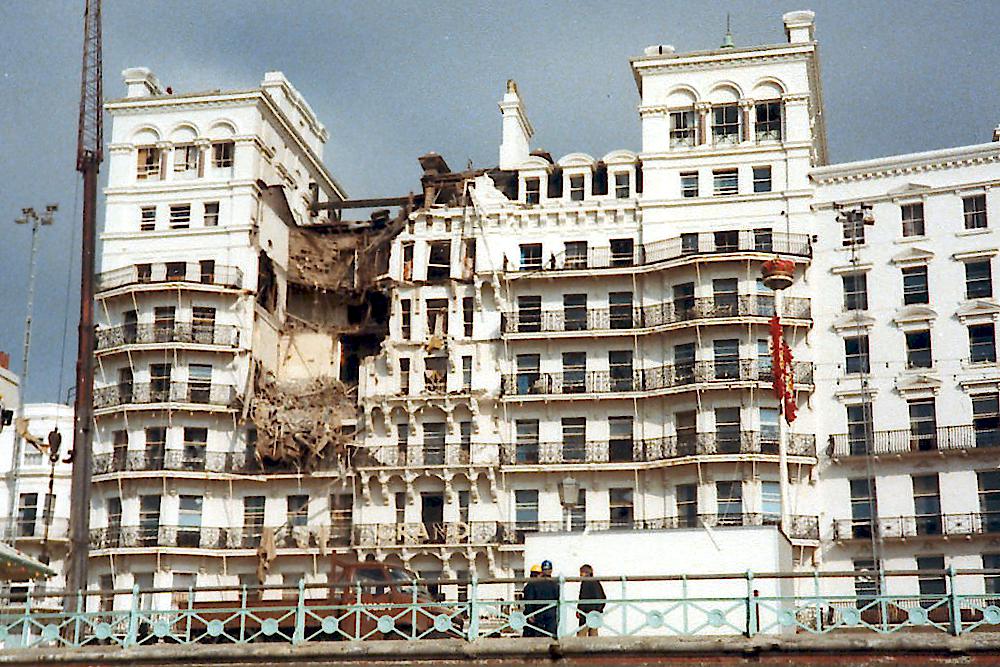
"Our worry is whether there's anyone under that rubble because, I don't know whether you've seen it, but it's pretty awful."
On the morning of October 12 1984, that's how then Prime Minister Margaret Thatcher described the scene on Brighton's sea-front, after five people were killed when a terrorist bomb exploded in the Grand Hotel during the Conservative Party Conference.
The attack by the Provisional Irish Republican Army also injured 34 people, some of them seriously, including Margaret Tebbit, wife of the President of the Board of Trade, Norman Tebbit.
The blast came from a time-bomb which had been planted almost a month earlier.
The IRA's target was the leadership of the Conservative government, including Mrs. Thatcher and her Cabinet.
It marked another deadly, low point in The Troubles, the long-running and bloody dispute over the status over Northern Ireland.
A tearful eyewitness described the explosion to a commercial radio reporter:
"The wall just collapsed — all this dust and glass went everywhere.
"Everyone knew it was a bomb straight away. We just threw the women down on the floor.
"The poor policeman outside had half the roof on top of him.
"And one woman who was on the fifth floor, she finished up in the basement."
Other witnesses whose reports were carried on air in the early hours of that morning described a "huge boom that echoed across the waterfront" at about 3am.
Mrs. Thatcher later told reporters:
"This was the day I was not meant to see."
The then leader of the Opposition, Neil Kinnock, described his reaction:
"Shock and anger when I heard the news first of all, and those feelings still remain.
"I think everyone is numb with outrage, that such an awful deed could be done.
"Our reaction must be that the people of murderous violence shall not have their way."
At the time, firefighters reportedly said many lives were probably saved because the Victorian hotel was sufficiently well-constructed to remain standing — despite eight floors in the central section collapsing into the basement.
In 1986, IRA member Patrick Magee was given eight life sentences for offences including five murders, and was told he must serve at least 35 years.
He was released under the terms of the Good Friday Agreement after 14 years' jail.
At the time, a spokesperson for the Prime Minister Tony Blair said that early prisoner releases were 'certainly the most unpalatable and awkward part of the agreement', but were part of a larger process.
Magee became the 277th prisoner to be given early release.

 AllSaints Founder To Host Sustainable Fashion Show In Brighton To Raise Money For Homelessness In City
AllSaints Founder To Host Sustainable Fashion Show In Brighton To Raise Money For Homelessness In City
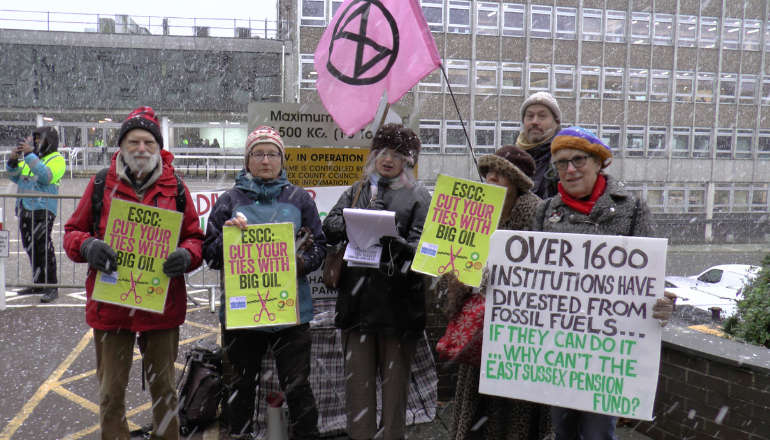 Snowy Protest At Lewes County Hall Calls For Fossil Fuel Divestment
Snowy Protest At Lewes County Hall Calls For Fossil Fuel Divestment
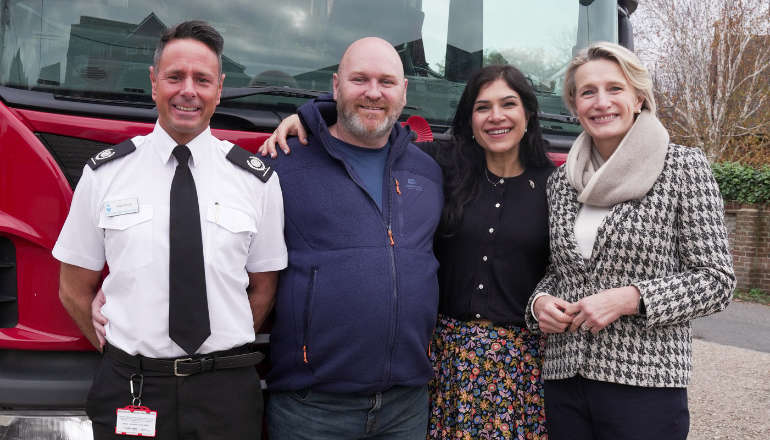 Local MP Tours Firefighters’ Centre In Littlehampton
Local MP Tours Firefighters’ Centre In Littlehampton
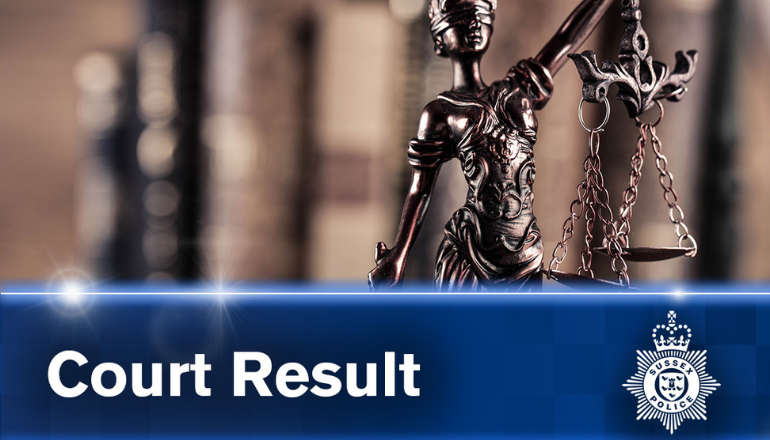 Former Portslade Scout Leader Convicted Of 79 Child Sex Offences
Former Portslade Scout Leader Convicted Of 79 Child Sex Offences
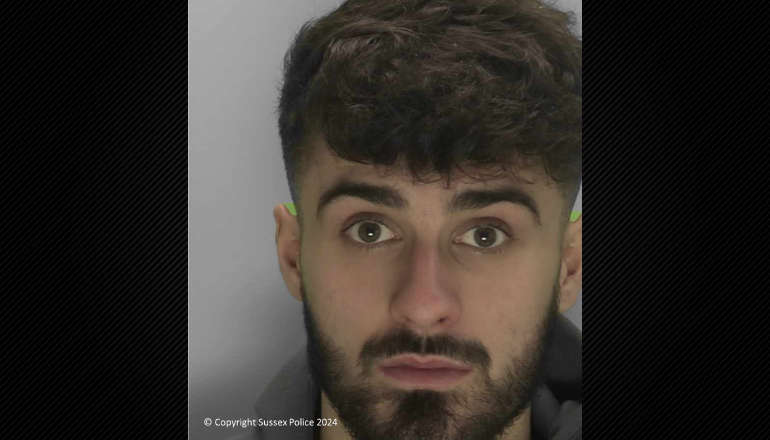 Man Sentenced For Drugs And Weapons Offences
Man Sentenced For Drugs And Weapons Offences
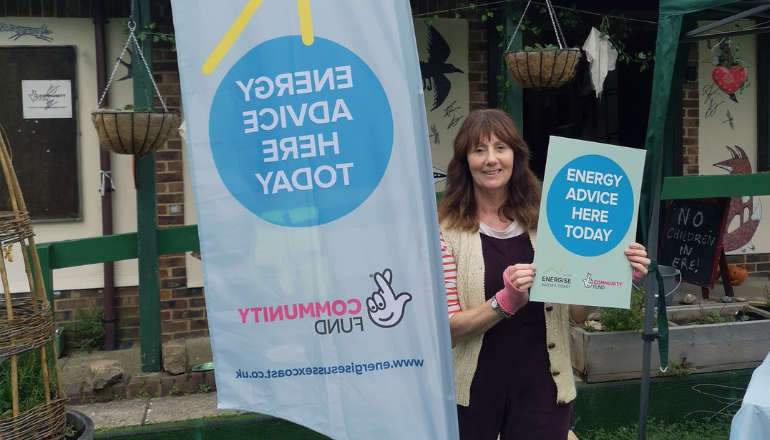 Free Hastings Energy Champions Training At The White Rock Hotel
Free Hastings Energy Champions Training At The White Rock Hotel
 FareShare Sussex Appeals For Christmas Support
FareShare Sussex Appeals For Christmas Support
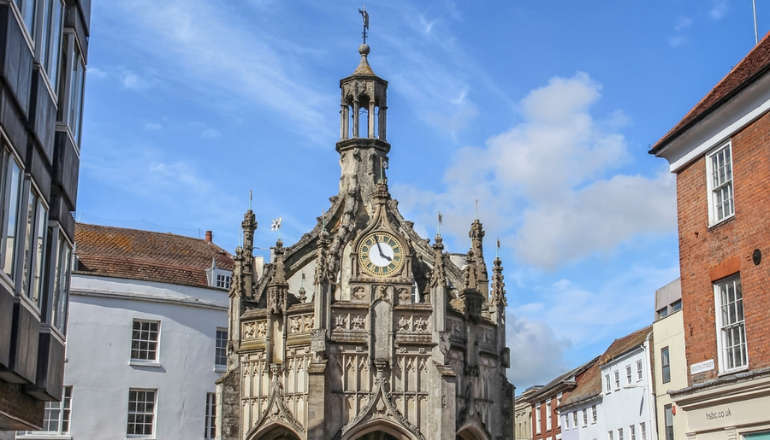 Vital Funding Extension Agreed For Theatre And Gallery
Vital Funding Extension Agreed For Theatre And Gallery
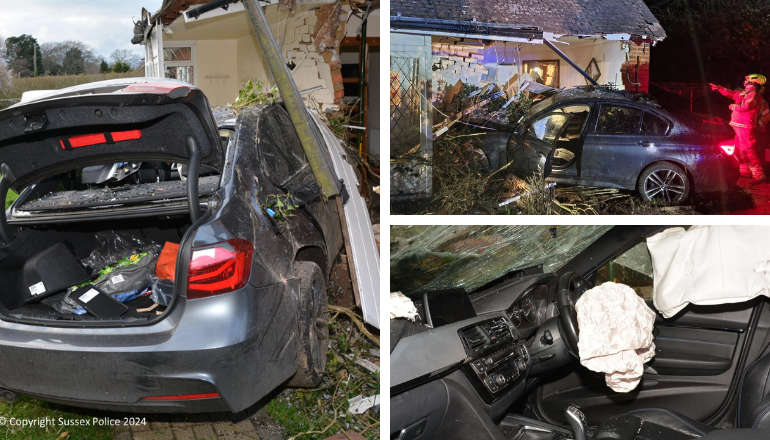 Driver Disqualified After High Speed Pursuit
Driver Disqualified After High Speed Pursuit
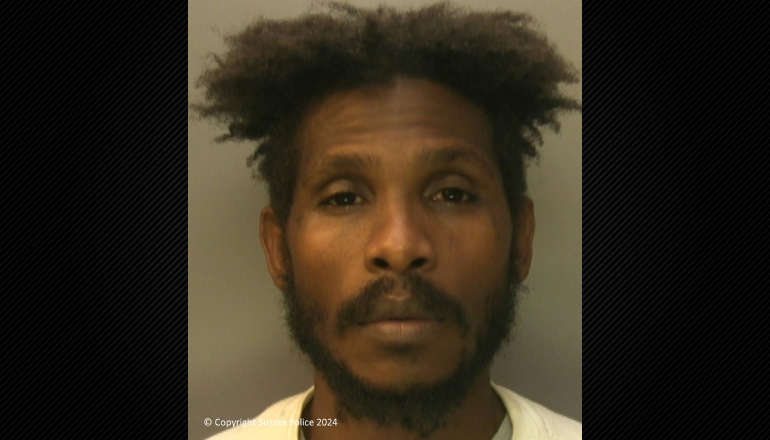 Prolific Brighton Burglar Returned To Prison
Prolific Brighton Burglar Returned To Prison
Comments
Add a comment